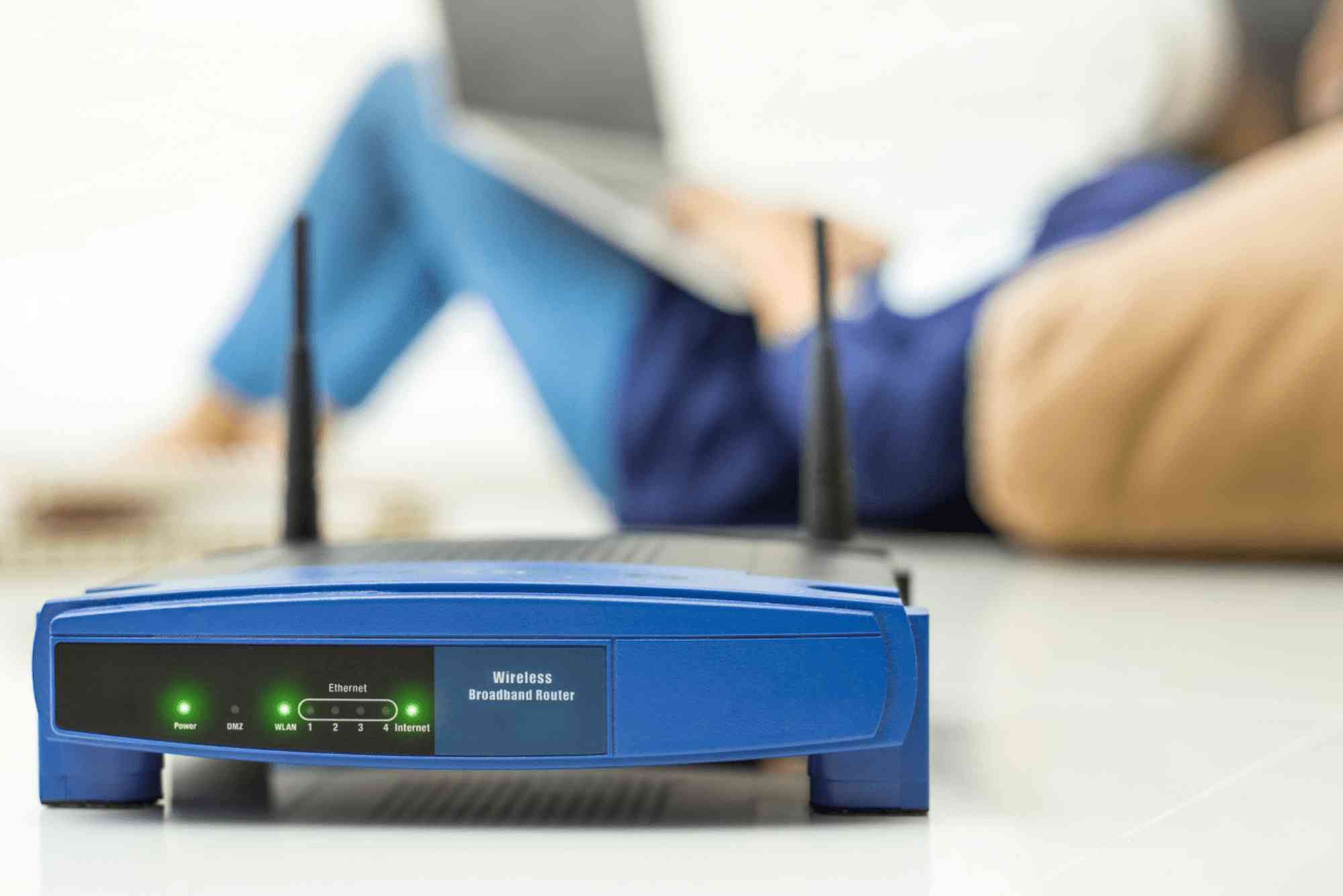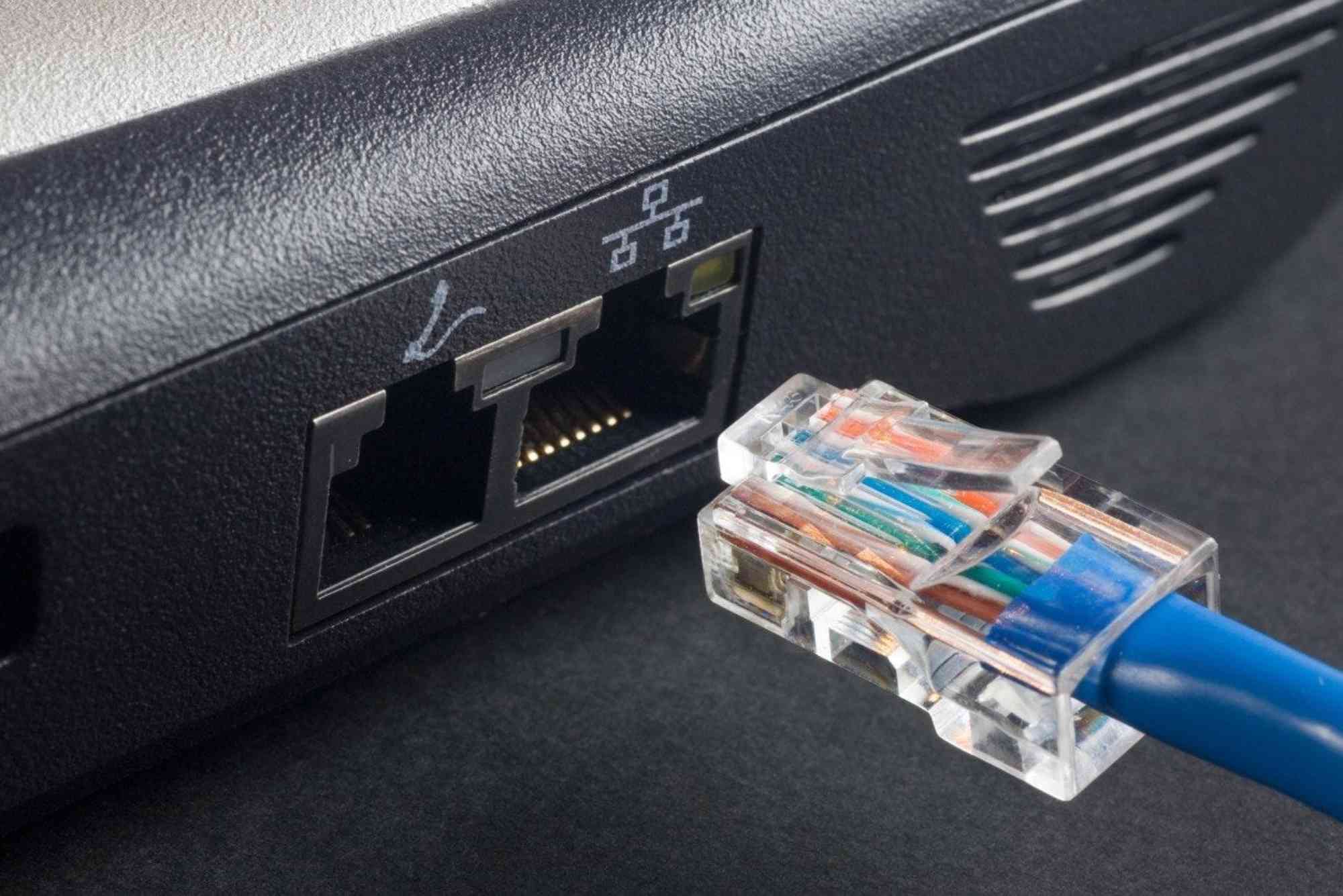In today’s connected world, a stable and wide-reaching Wi-Fi signal is essential. Whether you’re working from home, streaming movies, or gaming online, dead zones can be frustrating. That’s where devices like Wi-Fi range extenders and repeaters come in. But what exactly is the difference between a Wi-Fi range extender and a repeater? Understanding this distinction helps you choose the right solution for your space, whether at home, the office, or even your favorite Orange Theory in Mountain View.
Understanding the Basics
Before diving into the differences, it’s important to understand how Wi-Fi signals work. Your router sends out wireless signals, but these signals weaken as they travel through walls, furniture, and other obstacles. The farther you are from the router, the weaker your internet connection becomes. Both Wi-Fi range extenders and repeaters aim to solve this problem—but they do so in slightly different ways.
What Is a Wi-Fi Range Extender?
A Wi-Fi range extender, sometimes called a “booster,” connects to your existing Wi-Fi network and rebroadcasts the signal to areas where coverage is weak. It acts as a bridge between your router and your devices. Extenders usually connect to your router via Ethernet or wirelessly, depending on the model.
When connected via Ethernet, range extenders deliver stronger and more consistent speeds since they avoid interference from wireless signals. They create a new access point that extends your network coverage without necessarily creating a new network name (SSID). This means devices can transition smoothly as you move from one area to another.
Wi-Fi range extenders are ideal for large homes or multi-floor buildings where a single router can’t cover every corner. They work best when placed midway between your router and the area with poor signal strength.
What Is a Wi-Fi Repeater?
A Wi-Fi repeater, on the other hand, receives your existing Wi-Fi signal and retransmits it to extend coverage. Unlike range extenders, repeaters typically rely solely on wireless connections—no Ethernet cable is needed. The repeater connects to the router’s signal and then sends it out again, effectively creating a mirror network.
However, repeaters often reduce overall bandwidth because they use the same frequency band to communicate with both the router and your devices. This can result in slower internet speeds, especially when multiple devices are connected at once.
Repeaters are best suited for smaller spaces or environments where it’s not possible to run Ethernet cables. They offer a simple plug-and-play setup, making them a convenient option for users seeking a quick solution to Wi-Fi dead zones.
Wi-Fi Range Extender vs Repeater: Key Differences
When comparing a Wi-Fi range extender vs repeater, several factors come into play. The main differences lie in their connection type, performance, and network handling.
Connection Method
Wi-Fi range extenders can connect to the router using either Ethernet or a wireless signal. This flexibility allows for stronger performance and stability. Repeaters, however, rely solely on wireless communication, which can limit bandwidth and cause latency issues.
Network Performance
Extenders generally maintain higher speeds because they can use a wired backhaul. Repeaters may halve your internet speed since they transmit and receive data on the same channel. This performance drop can be noticeable when streaming or gaming online.
Coverage Area
Both devices increase your Wi-Fi range, but extenders tend to cover a larger area due to their ability to use wired connections. Repeaters are better suited for smaller coverage extensions.
Setup and Configuration
Repeaters are often easier to set up—simply plug them in and connect to your router’s network. Extenders might require a bit more setup, especially if you opt for Ethernet connections. However, once configured, they provide better long-term reliability.
Network Name (SSID)
Many repeaters create a new network name (e.g., “HomeWiFi_EXT”), meaning your devices may need to switch between networks manually. Range extenders, especially mesh-compatible ones, often keep a single SSID for seamless transitions throughout your space.
When to Use a Wi-Fi Range Extender
If your main concern is maintaining strong internet speeds across a large home or office, a range extender is the better choice. It ensures smooth streaming, fast downloads, and stable connections for smart devices. Businesses, remote workers, and tech-heavy homes benefit most from extenders.
When connected via Ethernet, extenders perform nearly as well as your main router, providing consistent speeds and better performance in demanding environments.
When to Use a Wi-Fi Repeater
Wi-Fi repeaters are ideal for small spaces where extending coverage by just one or two rooms is sufficient. They’re perfect for apartments, dorms, or rental spaces where running cables isn’t practical.
If you only need to boost Wi-Fi for casual browsing, social media, or light streaming, a repeater provides an affordable and easy-to-install solution.
Common Misconceptions
Many people assume that range extenders and repeaters are the same thing. While they serve a similar purpose, the technology behind them differs. Another misconception is that adding more repeaters automatically improves coverage. In reality, using too many can create signal interference and reduce performance.
It’s also worth noting that neither solution can increase your internet plan’s bandwidth. They simply extend your existing signal coverage—so if your base speed is slow, upgrading your plan might be the better first step.
Modern Alternatives: Mesh Wi-Fi Systems
While comparing a Wi-Fi range extender vs repeater, it’s hard not to mention mesh Wi-Fi systems. These modern networks use multiple nodes that communicate seamlessly with each other. Unlike repeaters or traditional extenders, mesh systems ensure consistent speeds throughout your space without requiring separate networks.
Though typically more expensive, mesh systems are ideal for smart homes or offices where multiple devices demand reliable connectivity. They offer simple setup through mobile apps and automatic updates, making them a future-proof solution for growing digital needs.
Choosing the Right Option
Your choice between a Wi-Fi range extender and a repeater depends on your specific environment, network usage, and budget. If speed and reliability are top priorities, go with a range extender. If convenience and affordability are more important, a repeater is sufficient.
When buying, check compatibility with your router’s frequency band (2.4GHz or 5GHz) and ensure it supports modern Wi-Fi standards like Wi-Fi 5 or Wi-Fi 6.
For professional help in setting up or improving your Wi-Fi coverage, visit Dhanote Internet Services. Their expert team can guide you in choosing and configuring the best network solution for your space.
FAQs
1. Is a Wi-Fi extender better than a repeater?
Yes, generally. Extenders maintain higher speeds and stability because they can use wired connections, whereas repeaters often reduce bandwidth.
2. Can I use both a Wi-Fi repeater and a range extender?
Yes, but it’s not always recommended. Using both can create interference unless configured properly with distinct channels and SSIDs.
3. Does a Wi-Fi repeater slow down the internet?
Yes, since it uses the same frequency to send and receive signals, it can reduce overall bandwidth by up to 50%.
4. Where should I place my Wi-Fi range extender?
Place it halfway between your router and the area with weak signal strength for optimal coverage and performance.
5. Do Wi-Fi extenders work with all routers?
Most modern Wi-Fi extenders are compatible with standard routers, but it’s always best to check your router’s specifications before purchasing.
Understanding the difference between a Wi-Fi range extender and repeater helps you make an informed decision to enhance your home or office connectivity. Extenders offer more reliable and faster performance, while repeaters provide quick and budget-friendly solutions for smaller areas.
Whether you’re upgrading your home network or trying to eliminate those frustrating dead zones, choosing the right device ensures smoother browsing, streaming, and communication. For expert guidance on optimizing your internet connection, contact Dhanote Internet Services today and enjoy uninterrupted Wi-Fi wherever you are.







